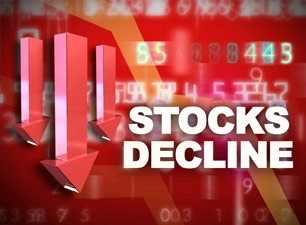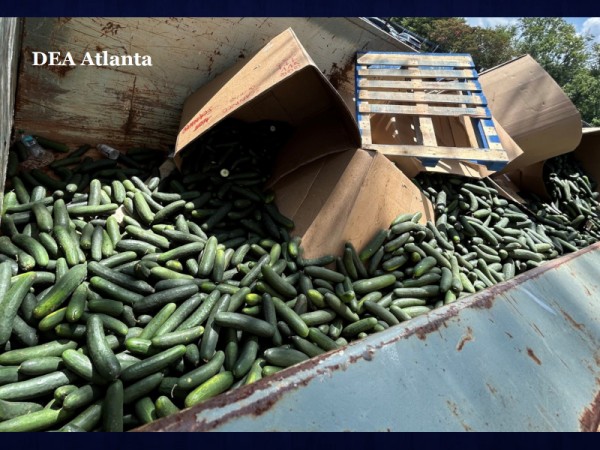NEW YORK - Stocks skidded again Wednesday, with anxieties about the financial system still running high even after the government bailed out the insurer American International Group Inc. The Dow Jones industrial average dropped about 170 points.
The Federal Reserve is giving a two-year, $85 billion loan to AIG in exchange for a nearly 80 percent stake in the insurer, after it lost billions in the risky business of insuring against bond defaults. Wall Street had feared that the conglomerate, which has its tentacles in various financial services industries around the world, would follow the investment bank Lehman Brothers Holdings Inc. into bankruptcy.
"We dodged a bullet, but we want to make sure it's a complete ceasefire," said Jack A. Ablin, chief investment officer at Harris Private Bank, noting that AIG still needs to unwind its investment positions, sell off assets, and possibly get more cash. "It's the beginning of the end of AIG, but we still have to see this conclusion roll out smoothly."
Furthermore, the two independent Wall Street investment banks left standing - Goldman Sachs Group Inc. and Morgan Stanley - remain under scrutiny. Morgan Stanley revealed its quarterly earnings early late Tuesday, posting a better-than-expected 7 percent slide in fiscal third-quarter profit and insisting that it is surviving the credit crisis that has ravaged many of its peers.
Lehman filed for bankruptcy protection on Monday, and by late Tuesday had sold its North American investment banking and trading operations to Barclays, Britain's third-largest bank, for the bargain price of $250 million. Over the weekend, Merrill Lynch, the world's largest brokerage, sold itself in a last-ditch effort to avoid failure to Bank of America Corp.
The ongoing troubles in the financial sector could exacerbate the problems facing the weak U.S. economy. The Commerce Department reported Wednesday that new home construction fell by 6.2 percent in August to 895,000 units, the slowest building pace since January 1991.
Slumping demand for houses, sinking home prices and mortgage defaults have been the catalysts behind Wall Street's turmoil - and the risky mortgage-backed assets held by the nation's banks are not apt to regain in value until the housing market turns around.
A day after Wall Street regained some of Monday's nosedive, the Dow fell 170.82, or 1.54 percent, to 10,888.20, after falling by more than 200 points in early trading.
Broader stock indicators also fell. The Standard & Poor's 500 index fell 19.51, or 1.61 percent, to 1,194.09, and the Nasdaq composite index fell 34.73, or 1.57 percent, to 2,173.17.
The stock market is likely to see heavy back-and-forth movement as traders continue to assess the flood of news that has poured in over the past several days.
On Monday, the Dow lost 504 points, the largest tumble since its drop following the September 2001 terror attacks. On Tuesday, it rose 141 points, after the Fed decided to leave interest rates unchanged.
"It's still uncertain ground we're treading. We just have to move on a daily basis," Ablin said. "We've moved from a no-news-is-bad-news environment to a no-news-is-good-news environment. We've turned the corner on that."
---
On the Net:
New York Stock Exchange: http://www.nyse.com
Nasdaq Stock Market: http://www.nasdaq.com
Wednesday
July 2nd, 2025
5:05PM

















